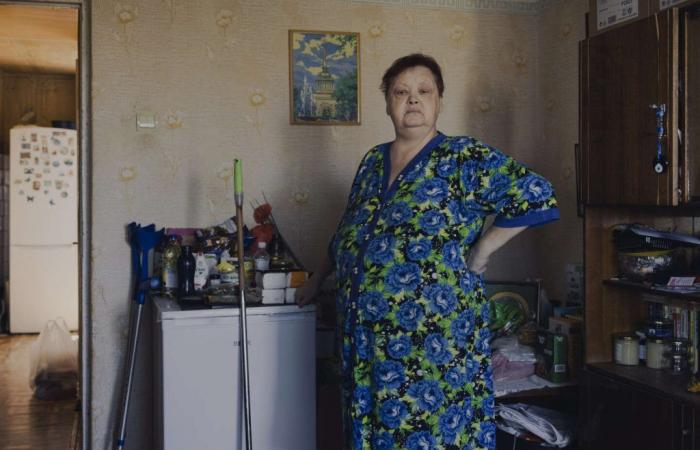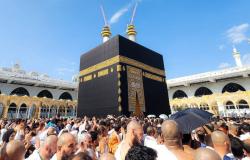When he first set foot at the Mahtra Municipal School in September 2021, Edgar Roditsenko felt like he was finding himself in ” time Machine “. The lessons were given in Russian and the working methods of the teachers, often over 50 years old, “smelled of the Soviet era”. Nestled among blocks of flats, in the Russian-speaking district of Lasnamäe, in the east of Tallinn, the establishment welcomes 720 students from primary to 3e, many of them from disadvantaged families. At the end of middle school, a very small minority of students pass the Estonian exam necessary to enter high school.
With a long figure and black curls, Edgar Roditsenko, 36, left a position as a history and music teacher in one of the most prestigious schools in the Estonian capital to take charge of this school. At the risk of angering his colleagues – a third resigned after a year – he imposed Estonian as the language of communication and made teaching it a priority. The young director is convinced that if his students do not master the country’s official language, they will miss out on opportunities and never become an integral part of Estonian society.
Edgar Roditsenko knows something about this. Of Ukrainian origin, his father has lived in Estonia for more than forty years. He came to join an Estonian woman he had met on the tram in Kharkiv (Ukraine). They had five children. Today, at 75, his father still does not speak a word of Estonian. His only sources of information are the Russian media. “He voted for independence. He saw young Putin’s rise to power and the reforms he put in place. And yet he refuses to believe what is happening in Ukraine”laments his son.
Arriving for the most part during the Soviet occupation, from 1940, Among the most controversial measures adopted since then is the amendment to the law on immigration, voted at the end of 2022, by Parliament, in Riga: it imposes on all holders of a permanent residence permit in Latvia, having obtained Russian citizenship after independence, to reapply for a residence permit, as if they had just entered the country. Since the independence of the two Baltic States in 1991, their integration has never ceased to be debated. Depending on government coalitions and relations with Moscow, political leaders have moved cautiously on this minefield, subject to eternal controversies fueling misunderstandings and mutual distrust. But Russia’s invasion of Ukraine changed the situation.
You have 87.09% of this article left to read. The rest is reserved for subscribers.






